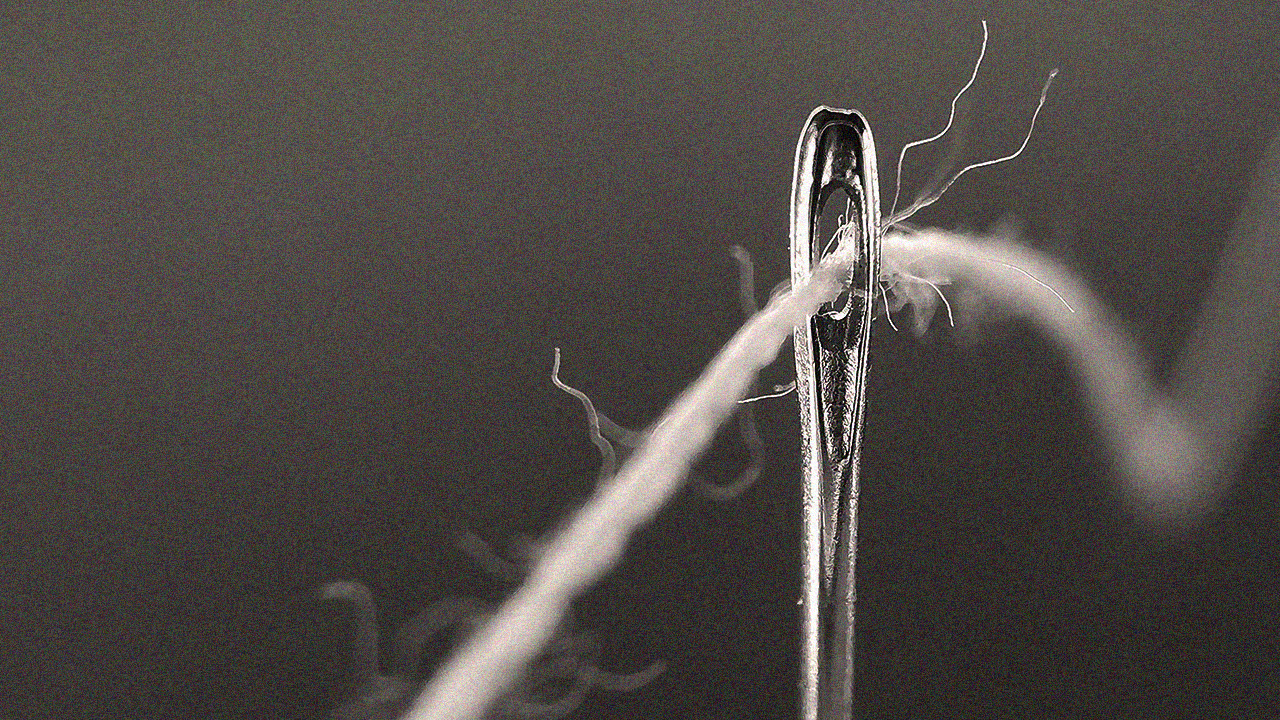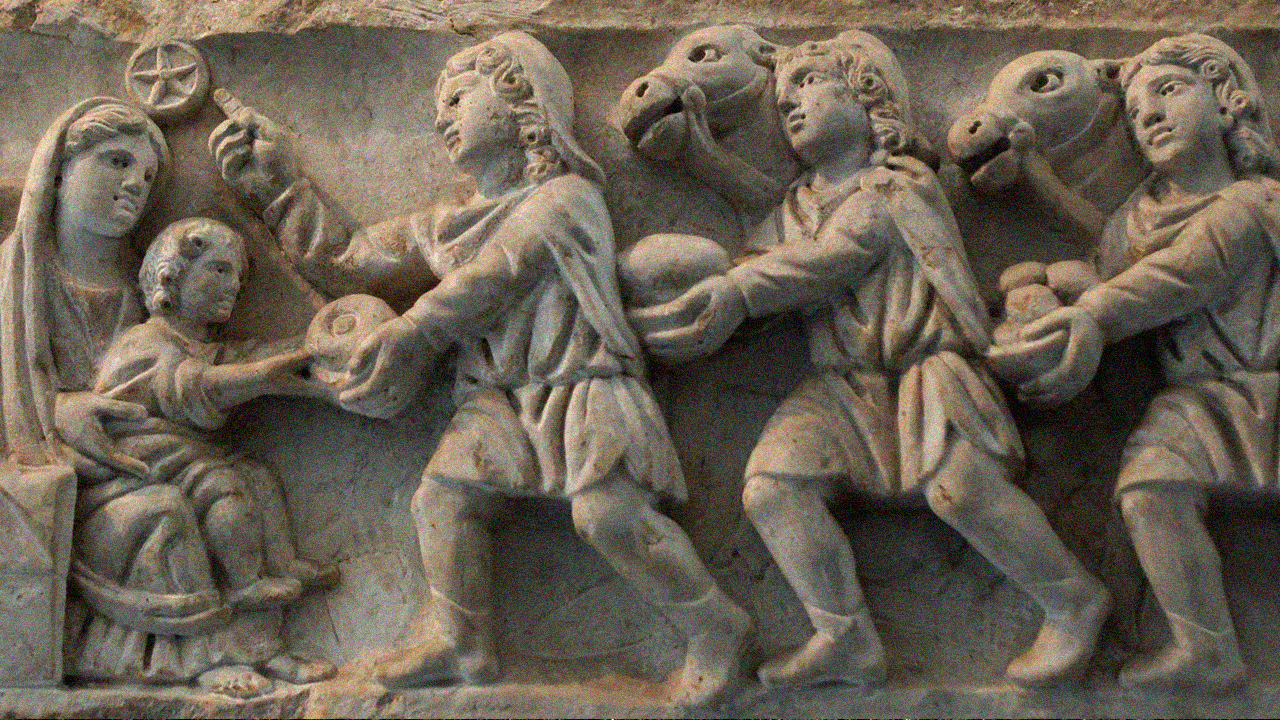
God’s Shade
Growing up Catholic, I would walk into the confessional and kneel in the dark waiting for the warm rub of wood on wood as the lattice window slid open. My cue. Bless me father for I have sinned…
As a grade schooler, I was mostly manufacturing a lineup of the usual sin suspects in there, but it was still comforting to know I could lay my guilt at someone’s feet, accept my penance, and walk away clean. But thinking back, I realize the only time I really felt clean, sure of God’s forgiveness, was praying my penance at the communion rail, knowing I had fulfilled my part so God would do his. Soon as I walked back out to the street, bets were off again.
Just now in the early dark, the words forgive me Father are right there on the tip of my mind, and I smile at myself, because it’s so natural to ask. It’s a beautiful thing to repair relationships with our amends, apologies, and a formal request for forgiveness.
But would I stand in front of a tree and say, shade me? I go to the tree for shade because the definition of a tree includes branches and leaves, an accidental canopy against the sun. The tree doesn’t decide who it will shade or when to withhold, if I’m close enough, I’m shaded. Would I stand before a fire and say, warm me or by a waterfall and say, cool me? I go to these things for their gifts, but I don’t have to ask. I just have to be close enough.
Our tradition tells us that God is love—the oneness, the complete identification with another that is the definition of that thing we call love. And if that’s true, if God is unwavering connection, then forgiveness isn’t really God’s decision; it’s simply God’s shade.
It’s a beautiful thing to ask for forgiveness. It recognizes the harm we’ve done to ourselves and others. It acknowledges our interdependence and shows our ego that the bits we give away only come back bigger in relationship. But among humans, forgiveness is elusive; even when granted verbally, it doesn’t guarantee reconciliation or release or even a response. And it’s right there that a part of us, way in the back, needs to keep in mind that God is much more like a tree than a human when it comes to love and sister forgiveness.
If we’re ever going to trust God with every risk-filled bit of our lives, it will only be after we’ve taken a full trip to the radical conclusion of a three word sentence. God-is-love means that even as we keep asking for forgiveness, what we’re really doing is asking for permission to forgive ourselves–which we can only give ourselves…because God’s decision is part of his definition, his forgiveness an accidental canopy that has been shading us for as long as God has been God. In a very tree-like way, God doesn’t forgive us, ever…because from perfect love’s point of view, how could a bond ever be less than perfectly shaded?
If God really is love, then God doesn’t decide who to forgive or when to withhold, and we don’t need to keep asking. We just need to be close enough.





